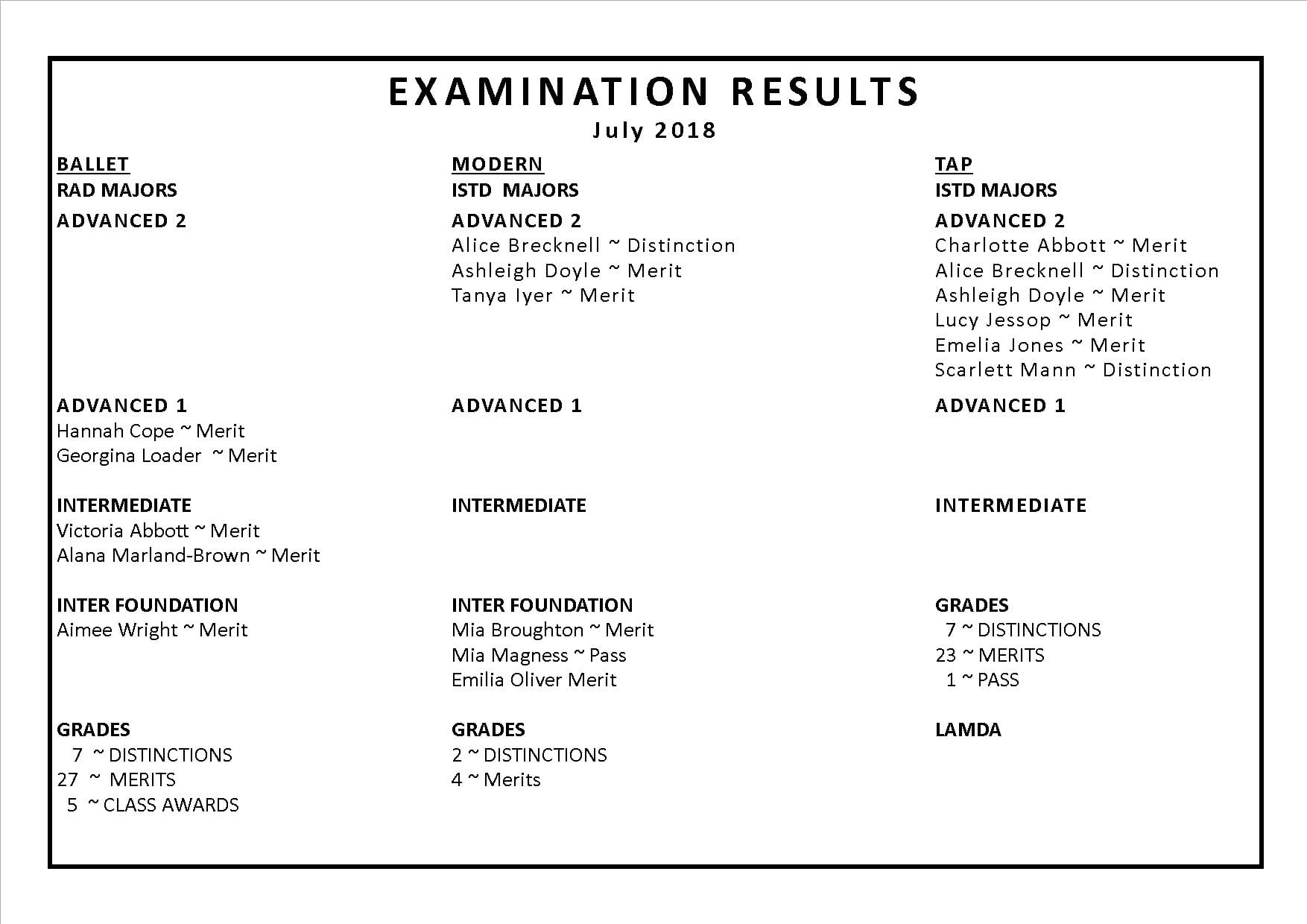
There is also a course designed to review for the Veterinary Technician National Examination (VTNE). Once the VETA requirement is completed, students go through a competitive application process to be accepted into the associate in science in veterinary technology (VETT) program.Ĭourses for the VETT include anatomy and physiology of domestic animals exotic and laboratory animal procedures applied pharmacology clinical lab techniques anesthesia and surgical nursing techniques companion animal nursing and nutrition and more. In both programs, students complete an initial certificate of achievement in veterinary assisting (VETA) in the beginning of the program. Both 73-credit programs are designed to train vet techs in 200 different skill sets as determined essential by the AVMA. The sole CVTEA-accredited program in Hawaii is available at Windward Community Collegeof Kaneohe, which offers an associate of science (AS) degree in veterinary technology in a full-time two-year on-campus or part-time three-year hybrid format. Additionally, applicants may find it advantageous to have experience working with animals. Although test scores such as the SAT or ACT are not generally required, candidates whose second language is English may be required to submit TOEFL scores. To qualify for an accredited vet tech program, applicants typically need to send their official high school transcripts show proof of prerequisite coursework (e.g., biology, chemistry, English, algebra, etc) offer copies of immunization records and/or health insurance write a personal statement (500-600 words) and pay an application fee. Marine Veterinary Schools In Hawaii ACCREDITED VET TECH SCHOOLS IN HAWAIIĪspiring vet techs in Hawaii seeking official RVT status will need to seek out vet tech programs accredited Committee on Veterinary Technician Education and Activities (CVTEA), a branch of the American Veterinary Medical Association (AVMA). These wet labs are considered some of the best available for undertaking aquatic animal health research. The program also oversees the school’s wet lab facilities, which have been designed to maintain aquatic animals and are capable of containing serious pathogens while managing water quality control. Two research laboratories are available to support research into aquatic toxicology, bacteriology, immunology, pathology, and virology. The program, co-sponsored by Cornell with the School of Veterinary Medicine at the University of Pennsylvania, began in 1977 and focuses on diseases in cultured fish, the development of fish vaccines, fish health management in aquaculture systems, and pathology of wild fish, especially where it may tie into environmental contamination. DVM graduates may also be interested in joining the World Aquatic Veterinary Medicine Association and eventually becoming eligible to seek board certification through theAmerican College of Zoological Medicine.Ĭornell University’s College of Veterinary Medicine has an aquatic animal health program known as AQUAVET that offers immersion training into the field of aquatic medicine. Two certifications are available: the Certified Fish Pathologist and Certified Aquatic Animal Health Inspector. Students interested in the aquatic veterinary medicine field may want to considercertificationoffered through the American Fisheries Society. An alternative suggested by the IAAAM includes gaining experience in private practice and then applying for an aquatic medicine internship in a place like the National Aquarium in Baltimore, the Florida Aquarium, or another site.

They can also seek employment opportunities in aquatic medicine, although these positions are typically hard to come by, especially fresh out of school, according to the IAAAM.

Students interested in aquatic medicine can turn to fellowships in aquatic or fish medicine to gain more skills in the field.

If you want to know more about marine veterinary schools in Hawaii and the other marine veterinary schools in australia, continue reading on collegelearnersĪquatic veterinary medicine is emerging as a niche field of study within veterinary schools, but as theInternational Association for Aquatic Animal Medicine(IAAAM) points out: “No veterinary college has a comprehensive program for specializing in aquatic or marine mammal medicine.” That’s because the typical veterinary college is built around a generalized four-year program focusing on cat, dog, cow, and horse medicine, but some may have elective or specialized training available in non-domestic species, such as amphibians, fish, reptiles, pet birds, and poultry, according to the IAAAM.


 0 kommentar(er)
0 kommentar(er)
